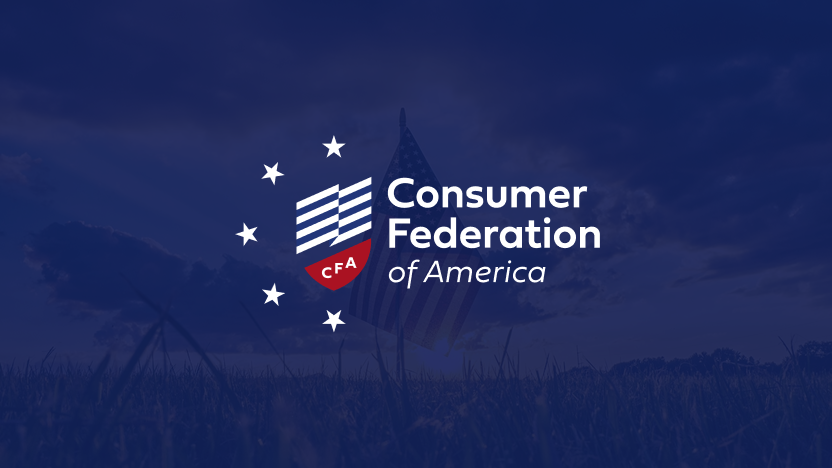For the first time in over a decade, the Federal Trade Commission (FTC) has proposed a rule directly addressing deceptive financing practices by auto dealers. The proposal contains a host of prohibited misrepresentations, required disclosures, and specific requirements pertaining to the sale of add-ons. The FTC explains at length the problems that consumers face when purchasing a vehicle and how, despite its history of enforcement action against car dealers, consumer problems persist. There are numerous facets to the rule, and advocates are encouraged to see the FTC taking a broad approach. This blog series is intended to highlight and explain certain components of the rule and the practices by dealers that it attempts to address.
Add-On Products and Services
The FTC places particular emphasis throughout the proposed rule on the deceptive conduct surrounding the sale of certain add-on products, such as extended warranties, service plans, GAP insurance, VIN etching, and undercoating. These products typically cost several hundred dollars each and are tacked on to the sale of a vehicle, increasing the overall cost sometimes by thousands of dollars. Consumers frequently pay for these products without knowing or expressly agreeing to them.
The car purchase process is lengthy and complicated, and dealers may wait until the end of an hours-long negotiation before they include charges for the add-ons in the dense paperwork, hoping that the consumer will not review it carefully. Dealers have also lied to consumers, telling them the add-ons were a condition of the purchase, and they have lied about the benefits (and hidden the limitations) of certain add-on products. Dealers benefit tremendously from the sale of these products, prompting aggressive finance representatives to engage in deceptive conduct and pressure consumers into purchasing them.
The FTC’s Proposed Approach to Deceptive Add-On Practices
The FTC notes that despite numerous enforcement actions to address this exact conduct, problems persist with deceptive add-on practices. As such, it has published this proposed rule as a necessary tool to effectively curb this fraudulent conduct.
The proposed rule would:
- Prohibit dealers from misrepresenting any “cost, limitation, benefit or any other material aspect of an add-on product or service.” § 462.3(b)
- Require dealers to disclose, clearly and conspicuously, an “Add-on List” if they charge consumers for add-on products. 463.4(b)
Dealers would be required to disclose this list on each website, online service or mobile application operated by the dealer, and at the dealership, and, if a vehicle is advertised in a manner other than on the dealer’s website, etc. (such as in a radio or television ad), then the dealer must provide the website where the List can be viewed.
- Require dealers to accurately disclose whether the purchase of the add-on is a condition of the purchase of the vehicle. 463.4 (c)
- Prohibit dealers from charging for worthless add-ons. § 463.5 (a)
- Prohibit dealers from charging for any add-on product without a clear declination from the consumer to buy the car without them. § 463.5 (b)
This proposal requires the dealer to:
-
- Tell the consumer the price of the vehicle without the add-ons;
- Tell the consumer that they can purchase the vehicle without optional add-ons.
- Obtain a separate written form, signed by the consumer, that includes the price without add-ons, and a declination from the consumer to purchase the vehicle without the add-ons.
- Prevent dealers from making all add-ons required instead of optional.
- Ensure that all add-on products are capable of being canceled or removed by communicating with the dealer, the add-on product supplier, or the finance company.
Comments on the FTC’s proposed rule on auto dealer practices Comments are due September 12.

